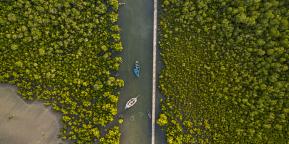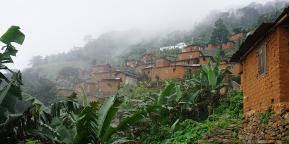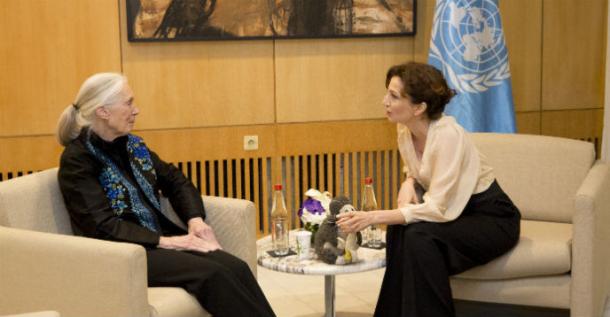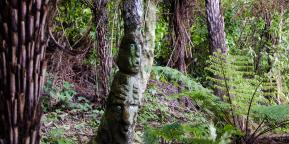
World Environment Day
The United Nations designated 5 June as World Environment Day to highlight that the protection and health of the environment is a major issue, which affects the well-being of peoples and economic development throughout the world. The celebration of this day provides us with an opportunity to broaden the basis for an enlightened opinion and responsible conduct by individuals, enterprises and communities in preserving and enhancing the environment.
The year 1972 marked a turning point in the development of international environmental politics, with the first major conference on environmental issues, known as the Conference on the Human Environment, or the Stockholm Conference. Later that year, on 15 December, the General Assembly adopted a resolution (A/RES/2994 (XXVII)) designating June 5 as World Environment Day and urging "Governments and the organizations in the United Nations system to undertake on that day every year world-wide activities reaffirming their concern for the preservation and enhancement of the environment, with a view to deepening environmental awareness."
"As 2021 marks the beginning of United Nations Decade on Ecosystem Restoration, led jointly by the Food and Agriculture Organization of the United Nations (FAO) and the United Nations Environment Programme (UNEP), and with which UNESCO is closely associated, the formidable reservoir of experience accumulated in our biosphere reserves will now be of service to the world."


"UNESCO will be responsible for the "Humans in Nature" panel, which will expand and extend the avenues that have been explored for the past 50 years in our biosphere reserves in order to prevent the degradation of ecosystems worldwide."

What UNESCO does for Environmental Protection




Conservation and sustainable use of biodiversity: UNESCO designated sites



"Attacks on nature are contributing to the health crisis."
On the occasion of the International Day for Biological Diversity, Friday 22 May 2020, Audrey Azoulay, Director-General of UNESCO, Jane Goodall, a primatologist famous for her studies on chimpanzees and ambassador for the Great Apes Survival Partnership launched by the United Nations, reminded us that the global COVID-19 crisis must not make us forget to defend our planet's flora and fauna.






